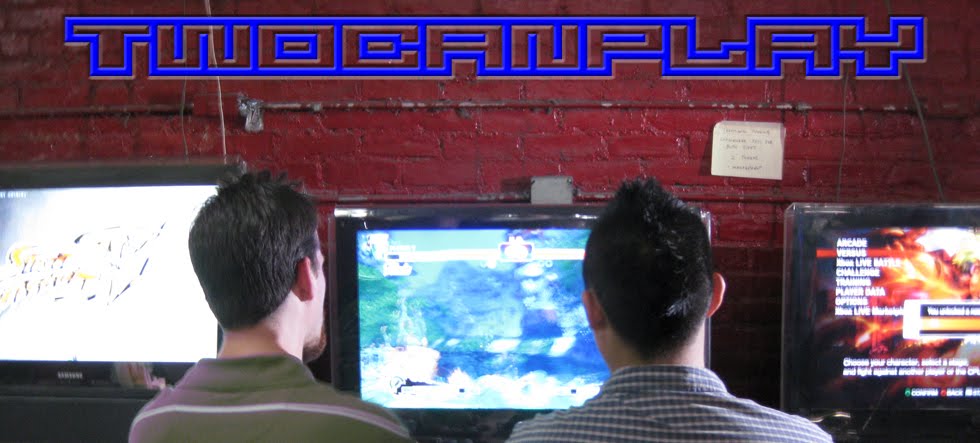The business side of video game development tends to be viewed in a negative light at times. Industry professionals and fans acknowledge that some decisions made in game development sacrifice a developer’s vision in order to make an IP more profitable. The reality is most publishers are multi-million dollar corporations, whose stock holders invest a great deal of money into ideas and expect an equitable return on that investment. Independent developers who choose to forgo the harsh realities of working with publishers don’t have to worry about this pressure of appeasing stock holders. Instead, they are challenged with the task of finding a private investor to keep the development team running until the game is complete. Sometimes it is someone personally invested in the developer, other times it can be a local bank or credit union, and other times it is the developer themselves. In this quickly evolving industry there is a new channel for developers to find this funding using the Internet, through a process called crowdfunding.
My Major Company (MMC), a UK based online record label built around the process of crowdfunding was recently featured in Time as being extremely successful. The way is works is:
“MMC posts demos and videos of 10 artists on its website, and users are invited to invest anywhere from £10 to £1,000 ($16 to $1,600) in the ones they most enjoy or think are most likely to score a hit. Once an act reaches £100,000, the financing is locked in, and the money is used to pay for recording and possibly a tour. Net revenue from resulting music sales, concerts and merchandise is split three ways: investors get to divide 40%; another 40% goes to MMC; the artist pockets 20%.”
This concept isn’t so new to the Music industry, but MMC has upped the ante by providing more than just funding. They also provide artists with production and management support, like most publishers would. Music and games are both forms of entertainment, so there is some parody between business models. Upon further investigation, there is a burgeoning community of crowdfunding sites that are supporting these indie developers right now. Sites like IndieGoGo and Kickstarter have already hosted a number of campaigns related to gaming and some have been a success as far as reaching funding goals are concerned. Kickstarter operates in a similar fashion to MMC, holding the funds until a goal is met. If the goal is not met, then no funds are distributed to the campaigning party. Indiegogo on the other hand, makes all donations final and it is the responsibility of the contributor to reach out to the campaigner should they fall short of meeting a goal. Both sites offer rewards or perks, but not really any royalties associated to the project. There are a few campaigns at certain contribution levels that offer introductions and even development credit on titles, which is cool, but lacks the impact of cold hard cash.
Another thing missing in the current models available to Indie developers is the support after the funding. Having a person running the business side of things for a developer can be beneficial, because it lets the studio focus on making a great game. In the meantime, a good publisher will work the PR/Marketing side of development so that when the game is finished, there is a fan base waiting to get a copy day one! An exception to this might be the www.indie-fund.com, which is a private investment group made up of indie veterans like Jonathan Blow, Ron Carmel, and Kyle Gabler. They are open to submissions from any developer and will most likely help support the games they choose. After a submission is approved, the game is funded on a month by month basis, so the investors can monitor the development. Since there are no milestones, the costs can evolve over time, much like the game. Once the game is released, its profits go to pay back the investors with a small return on investment. The faster the fund is repaid, the sooner the contract ends and the developer can begin collecting all profits. If for some reason the game is unable to generate enough revenue, any unpaid debts are wiped out after 3 years. Since going live, the indie fund has 3 investments and is still taking applicants. It appears crowdfunding is one way to help developers make their games a reality. Maybe one day a site will come along that not only offers crowdfunding to struggling developers, but also offers the support to make sure the world sees these games. All games should find the funding they need to achieve great success!
Note: All logos are courtesy of a Google Image Search and www.indie-fund.com
Repeblished from Bitmob.com

No comments:
Post a Comment